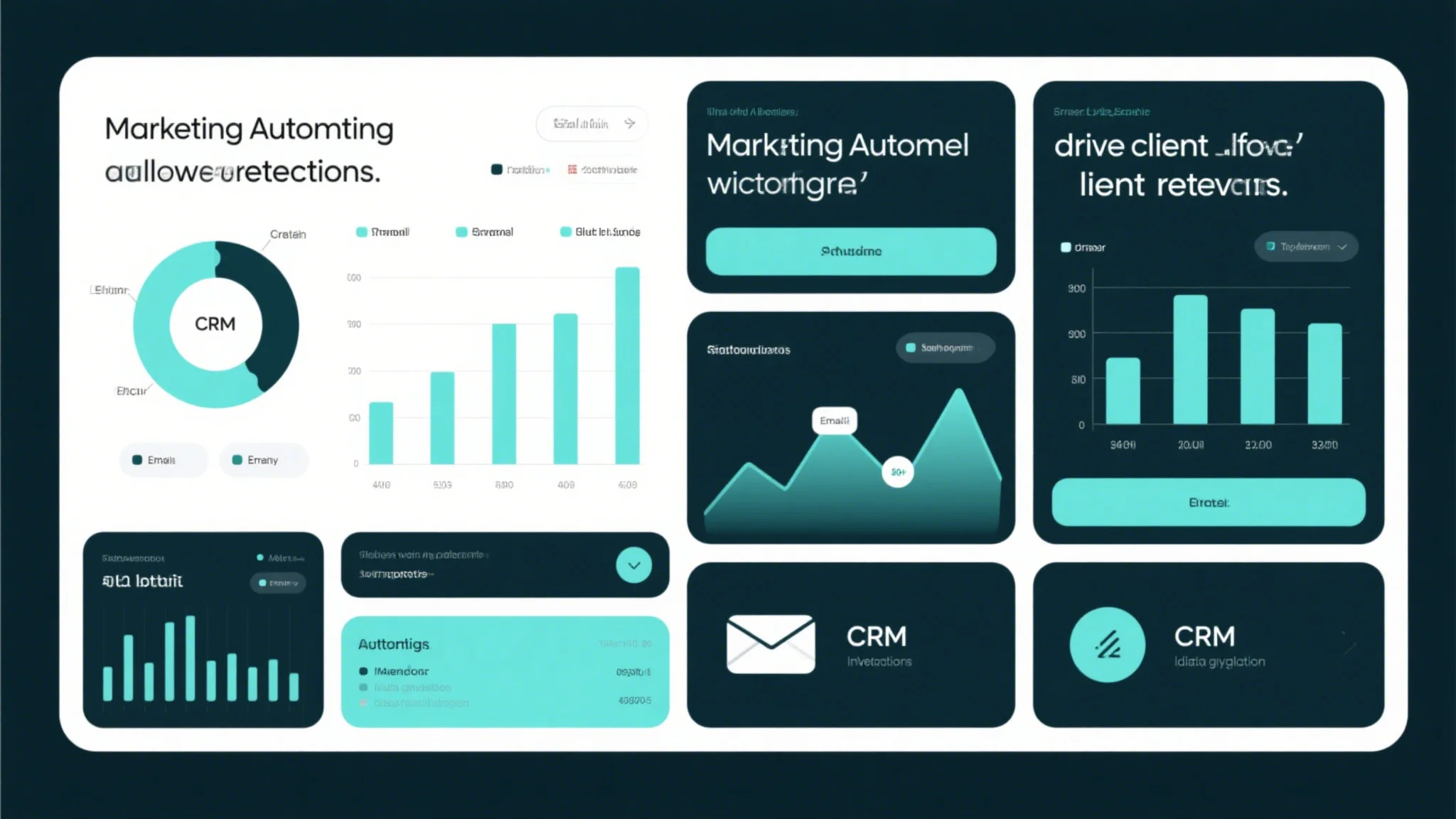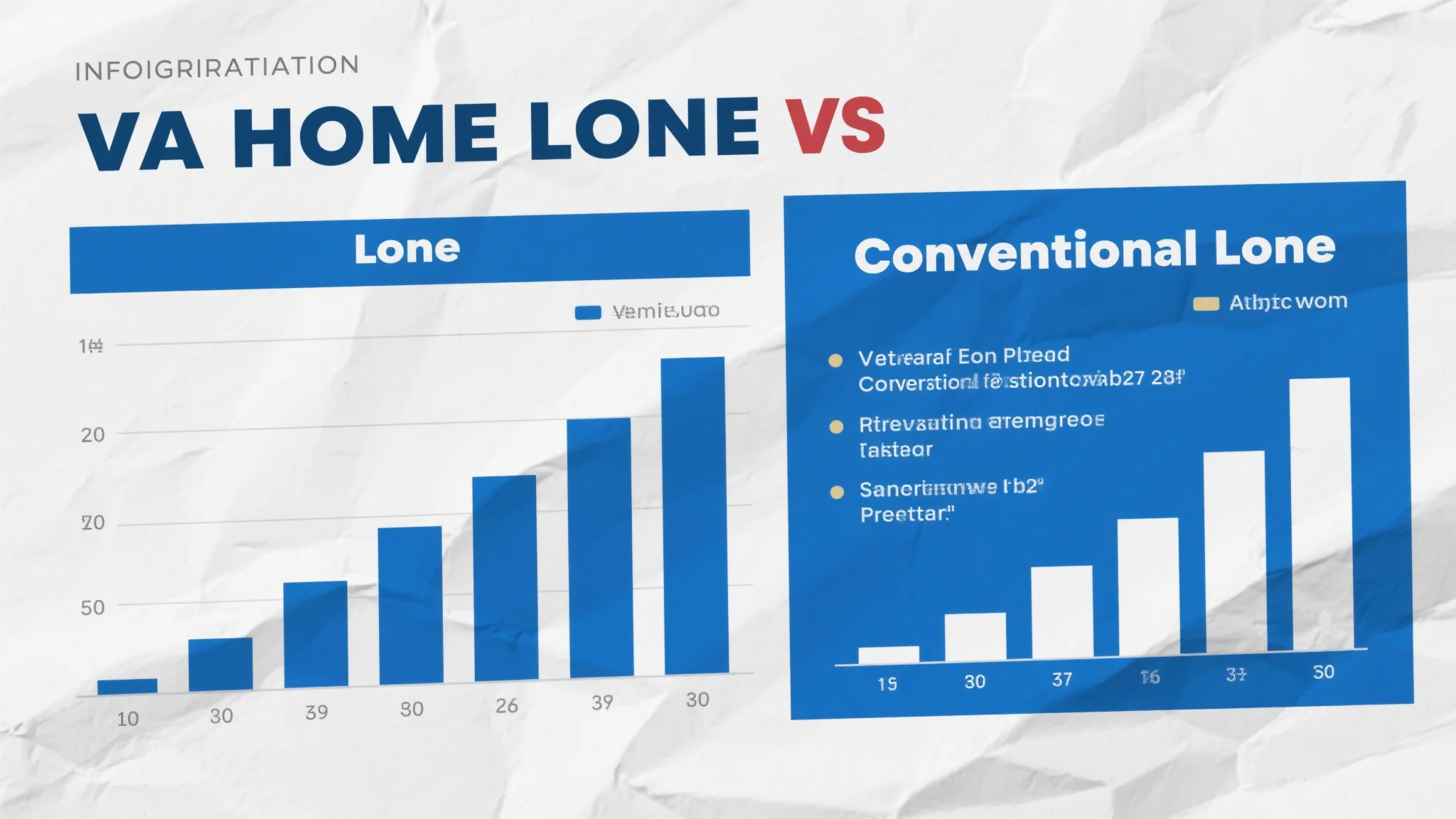Weighing the Benefits of Online Degrees
In recent years, online learning has revolutionized higher education, offering a flexible and accessible alternative to traditional on-campus degrees. For many students, the idea of earning a degree without stepping into a physical classroom is appealing. But is an online degree as valuable as an on-campus one? Let’s dive into the advantages and considerations of pursuing an online degree.

1. Flexibility and Convenience
One of the most significant benefits of online degrees is their flexibility. Online courses allow students to learn at their own pace, accessing lectures, assignments, and resources from anywhere with an internet connection. This flexibility is particularly appealing to working professionals, parents, or individuals with other commitments. For example, a busy professional can attend classes in the evening or on weekends, balancing work and education seamlessly.
2. Diverse Learning Options
Online degrees provide a wide range of options, from associate’s degrees to master’s and doctoral programs. Many accredited universities and colleges now offer online programs in fields such as computer science, business, education, and healthcare. These programs are designed to meet the demands of modern industries, ensuring students gain relevant skills and knowledge.
3. Cost-Effective
Online degrees can often be more affordable than on-campus programs. Many institutions offer lower tuition fees for online courses, as they reduce operational costs associated with maintaining physical campuses. Additionally, online students may save on expenses like housing, transportation, and meal plans, making online degrees a financially viable option.
4. Self-Paced Learning
Online learning allows students to revisit lectures, pause videos, and review materials as needed. This self-paced approach can be particularly beneficial for those who prefer independent learning or need extra time to grasp complex concepts. Moreover, online courses often provide access to course content indefinitely, enabling students to revisit materials long after the course has ended.
5. Global Accessibility
Online degrees break down geographical barriers, allowing students from around the world to enroll in programs offered by top universities. This global accessibility can open doors to international opportunities, diverse perspectives, and a broader network of professionals.
However, online learning is not without its challenges. Without the structure of a traditional classroom, some students may struggle with time management and motivation. Additionally, online programs may lack the same level of face-to-face interaction, which is crucial for building interpersonal skills and networking.
The Value of On-Campus Degrees
While online degrees offer flexibility and convenience, on-campus degrees provide a unique learning experience that many students find invaluable. For those who thrive in a structured environment and value face-to-face interaction, an on-campus degree may be the better choice. Let’s explore the advantages and drawbacks of pursuing an on-campus degree.
1. Rich Learning Experience
On-campus degrees provide a traditional academic environment that fosters active learning and collaboration. Students can engage in discussions, participate in group projects, and interact with professors and peers in real-time. This immersive experience can enhance critical thinking, creativity, and problem-solving skills, all of which are essential for professional success.
2. Networking Opportunities
One of the key advantages of on-campus degrees is the ability to build a strong professional network. Interacting with classmates, professors, and guest speakers can lead to valuable connections, mentorship opportunities, and even job leads. These relationships often play a crucial role in career advancement, making on-campus degrees a worthwhile investment for those looking to expand their professional network.
3. Access to Resources
Physical campuses offer a wealth of resources, including libraries, labs, research facilities, and career services. These resources can enhance the learning experience and provide students with tools to succeed both academically and professionally. Additionally, on-campus students often have access to extracurricular activities, clubs, and organizations, which contribute to personal growth and skill development.
4. Structure and Discipline
For many students, the structured nature of on-campus degrees is beneficial. Regular class schedules, deadlines, and face-to-face interactions help students stay motivated and focused. This environment can be particularly helpful for those who struggle with self-discipline or need a sense of routine to succeed.
5. Campus Culture
The campus culture is another unique aspect of on-campus degrees. Being part of a university community allows students to experience campus traditions, events, and a sense of belonging. This immersive environment can be inspiring and motivating, fostering a love for learning and personal development.
However, on-campus degrees also come with their own set of challenges. The cost of tuition, housing, and living expenses can be significantly higher than online programs. Additionally, the rigid schedule of on-campus courses may not accommodate the needs of students with full-time jobs or family obligations.
: Choosing the Right Path
Both online and on-campus degrees have their unique strengths and weaknesses. Online degrees offer flexibility, convenience, and global accessibility, making them ideal for students with busy lifestyles or specific career goals. On-campus degrees, on the other hand, provide a rich learning experience, networking opportunities, and access to valuable resources, which can be crucial for personal and professional growth.
Ultimately, the decision between an online and on-campus degree depends on your individual needs, preferences, and goals. Whether you choose to learn online or on-campus, ensure that the program is accredited to guarantee quality and credibility. With careful consideration, you can find the right fit and make the most of your educational journey.



